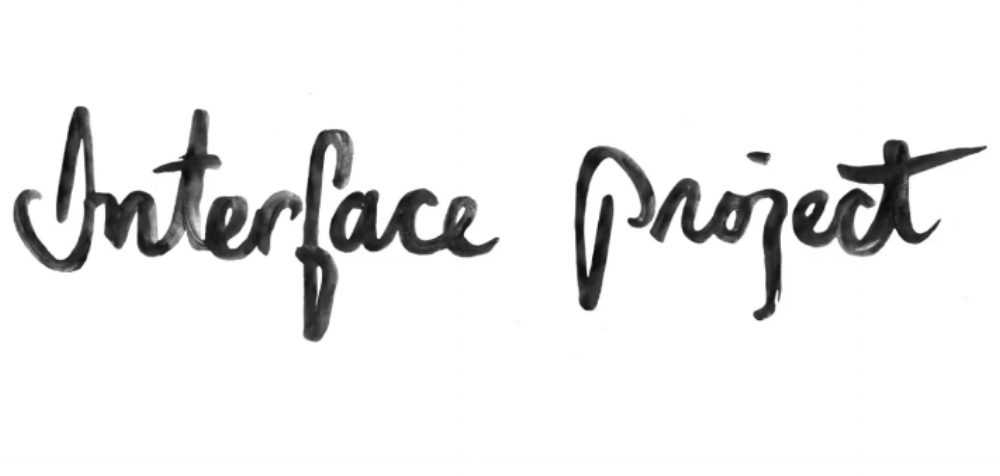26 October is widely recognized as Intersex Awareness Day (IAD). When the Intersex Society of North America partnered with Transexual Menace to picket the American Academy of Pediatrics annual conference in Boston (U.S.) on October 26, 1996 it marked the first public demonstration by intersex people in North America. What was the protest about? We’ll begin at the beginning.
An estimated one in 2,000 babies is born with a reproductive or sexual anatomy and/or chromosome pattern that doesn’t fit the typical definitions of male or female — so, it’s as common as having red hair, and more common than cystic fibrosis, a condition most people have heard of.
These variations are often grouped under the terms “Intersex” or “disorders/differences of sex development” or “variations of sex anatomy” or “intersex traits” or “intersex differences.” There are also those who reject all descriptors. They prefer to say they were born with androgen insensitivity syndrome (AIS) or congenital adrenal hyperplasia (CAH) or hypospadias, etc.
Indeed, there are almost as many terms for “intersex” as there are intersex people. This abundance of terminology is a tendency we share with many marginalized communities: Language is political because it is personal, and therefore, important.
We have lived throughout history in every culture, and, though we “occur naturally” societies have felt the need to develop different ways of responding to us. Beginning in the 1950s, and based on a single case study, doctors surgically altered intersex children and conducted other medical interventions intended to make our bodies appear more typical. Families were told to keep their child’s condition a secret from everyone, sometimes even from the child. Sometimes doctors didn’t tell the parents or the children the full truth about the child’s condition.
In the 1990’s, intersex adults began stepping forward to say that the medical treatment they received in childhood was harmful, leading to sterility, ongoing pain, scarring, incontinence, loss of genital sensation and sexual function, and depression. Many also pointed out that the secrecy surrounding their conditions had led to damaging feelings of shame and stigma (hence the protest).
Leaders of the adult intersex community called for an end to unnecessary surgeries, and for children to have a voice in their own treatment. At first, their input had little effect. In the late 90’s, however, the single case study that provided the basis for the surgery/secrecy model was discredited. The insights of intersex adults began, slowly, to have some impact on the treatment of these unique children.
Despite all of the above many doctors today still believe that early surgical intervention and secrecy will help a child develop a “normal” gender identity as either a boy or a girl.
So, it's Intersex Awareness Day 2014 and what have we done? A lot, actually, but I’ll give you some bite-sized highlights:
The landmark lawsuit filed by Advocates for Informed Choice (U.S.), with the iconic Southern Poverty Law Centerin the U.S. state of South Carolina in defense of an intersex kid is moving along,
the folks at OII Australia are publishing helpful material and making their voices heard at the United Nations and at home, and remarkably,
the young people at Inter/Act (U.S.) drew a public apology from FOX News anchors after they joked on air about intersex people, and recently their consultation on the development of an intersex character on MTV’s “Faking It,” resulted in television’s first intersex character.
These sound like hopeful items, and they are.
But, when veteran intersex activist, Mani Mitchell's reply to the question “How can we help those intersex people living in poverty?” is ...
“When you are not part of society it is hard to thrive. Simple things like lack of access to paid work, shelter, and medical care are all compounded. We have so little data about how many people just exist in a basic joyless way, how many young people simply give up, how many others are lost to mental un-wellness, drug and alcohol abuse.”
... we are reminded that intersex people are no different than any other group lacking visibility and existing without acknowledgment or engagement.
In this way it is easy to understand why the LGBT community was the first to stand with intersex people, the first to listen and offer their political sophistication because who knows better what it is to be told at a young age (by word or by scalpel) that you are wrong to your very core?
So. How can you help?
1. Get hip to the new information! Follow Intersex-specific advocacy organizations like Advocates for Informed Choice (U.S.), OII (Australia), and Inter/Act (U.S.) on Facebook, Twitter, and YouTube.
2. Speak up! When the topic of intersex comes up, and it will (see Jennifer Lawrence), don’t hesitate to introduce something new to the discussion!
3. This is appropriate dinner party conversation! Talk to your friends, neighbors, and family. Very few believe this issue touches their lives until it does.
4. Donate! Support the good work done by Intersex-specific organizations fighting for intersex civil liberties - for a child’s right to self-determination and bodily autonomy!
- Jim Ambrose serves as curator for The Interface Project.
The South Carolina Case.







